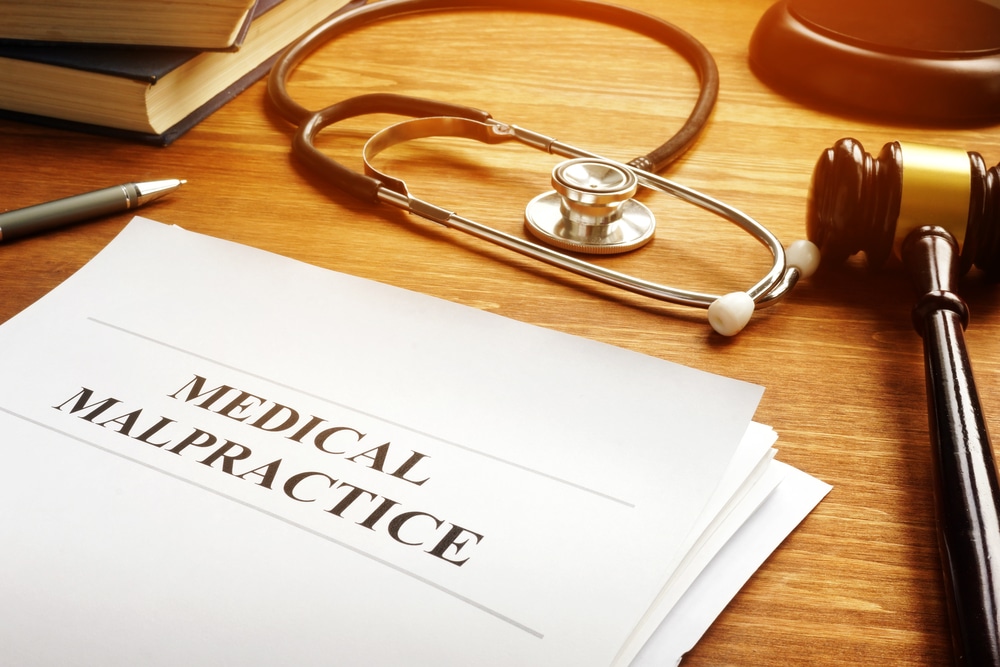Traumatic brain injuries can dramatically change your life in an instant. About 1.4 million people suffer a brain injury in the United States every year. Brain injuries are a leading cause of disability and death. They can impact your memory, make you unable to work, and lead to lifelong medical problems.

It’s important to know how to handle brain injury settlements in order to ensure that you get the compensation you deserve while recovering from your trauma. Here is what you need to know about some of the basics involved in brain injury settlements.
If you have any questions about your specific case or need more details, consult with a personal injury lawyer. They will be able to provide you with the options available to you in your specific circumstances.
Should You Take A Brain Injury Settlement?
An unfortunate fact that many people don’t realize is that insurance companies are seldom on your side. They have a tendency to pressure people into settling as quickly as possible. This is especially difficult in brain injury cases, as the true severity of the injury is seldom immediately apparent.
They tend to offer settlements much lower than what you actually deserve in order to preserve their bottom line. In many cases, insurance companies don’t offer as much as your case is worth and initially offer less than what they’re actually willing to pay.
Additionally, settlements are final. Once you agree to a settlement, you almost always lose the right to pursue additional compensation later on. It’s important to review all the options available to you and to seek out legal representation when needed, in order to ensure that you receive the best settlement possible.
What Is The Average Settlement For A Traumatic Brain Injury?

There is no straightforward answer here because every case is different. There is no specific value that you can expect from a brain injury settlement, as this varies depending on the severity of the injury, liability, damages, recovery, and more.
People with traumatic brain injuries could have a “mild” injury where they are mostly fine and able to resume life as normal, or they could die or end up comatose or in a vegetative state. Since there is so much variation and so many specifics that affect each case, settlements vary significantly.
Something that is important to remember in regard to brain injury settlements is that what seems like a huge number may not be a good settlement in actuality. While hundreds of thousands of dollars or millions may seem life-changingly amazing, it could actually be a terrible settlement considering how your brain injury impacts the rest of your life.
A personal injury attorney will be able to fight for you in order to ensure that you receive the best possible settlement for your case.
How Long Should You Wait Before Settling After A TBI?

As with everything both legal and medical: this varies.
It’s crucial that you seek medical attention after being injured or being involved in an accident as soon as possible. This starts a paper trail. Since some symptoms of brain injuries may take months or even years to appear, it can be difficult to link them to the incident. Seeking medical attention as soon as possible helps to prove that the incident caused your TBI and not something else.
Because symptoms may not appear right away, some people believe that they do not have a case or agree to a settlement without knowing the full extent of their injuries. Brain injuries can take days, weeks, months, or years to heal. They could also lead to lifelong disability or even death.
Before you consider accepting a brain injury settlement, you will want to consult with a personal injury attorney. The last thing that you want to do is accept a settlement far less than what you deserve or to settle before all your symptoms have manifested. Based on the information provided, your lawyer will be able to advise you on the options available to you.
How Are Brain Injury Settlements Determined?
There are many different factors involved in brain injury settlements, but the most common include:
- The severity of the injury.
- Liability.
- Whether there are multiple defendants.
- Insurance policy limits.
- Gross negligence.
- Medical and long-term care needs.
- Ability to work.
- Pain and suffering.
Here at LeBaron & Jensen, we work with people who have suffered TBIs in order to ensure that they receive the best possible brain injury settlement. We offer free, no-obligation case consultations and open communication. Contact us today to see if you have a case and if we are the right attorneys for you.




